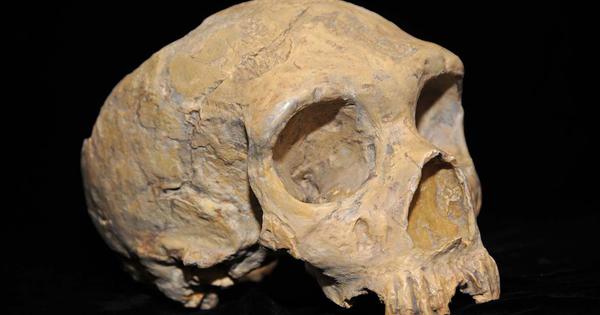Imagine that you have an unhealthy interest in your neighbours’ lives. Unable to ask them directly, you rifle through their rubbish bins. You find the bones of cooked chickens and try and work out what else they eat.
This is a bit like how archaeologists study the diets of extinct humans such as the Neanderthals and early homo sapiens. This is about more than satisfying curiosity. Understanding our ancestors’ diets may reveal critical clues about their evolutionary success or failure.
A recent study which analysed zinc from the tooth of a Neanderthal from Spain reveals they were mainly carnivores, wherever they lived. This discovery helps explain why they became extinct.
Neanderthals dominated Europe and western Asia during the last 2,00,000 years of the Ice Age, while homo sapiens were developing in Africa. Their remains and characteristic stone tools are abundant across Europe and the near East, and in smaller numbers as far east as Tadjikistan (which shares a border…
